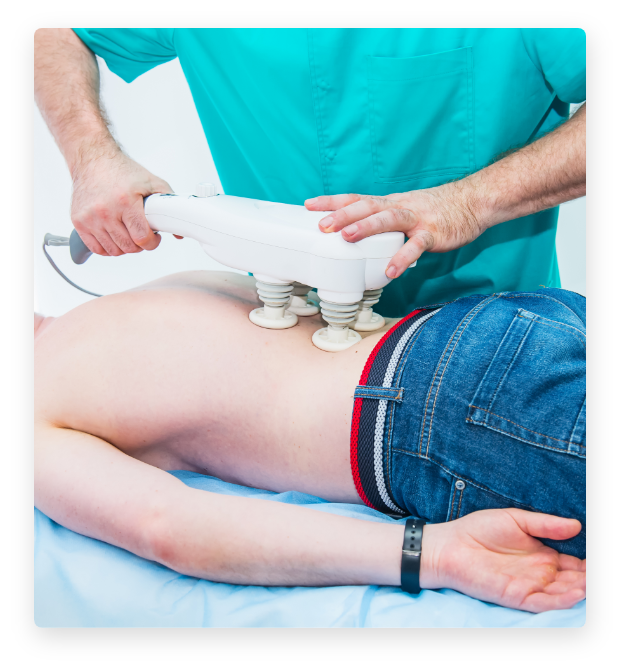A 2020 pilot study evaluated whether targeting the rPFC with multiple sessions of rTMS, can positively impact clinical symptoms in adults with ADHD. Participants underwent three weeks of daily high-frequency (18 Hz) rTMS sessions. Moreover, to activate the relevant brain circuitry, participants also underwent a brief computerized assessment. Researchers also used EEG to determine electrophysiological alterations induced by the treatment. The outcome was a significant improvement in ADHD symptoms after the TMS sessions.
A separate research found that six weeks of high-frequency rTMS, when combined with an ADHD medication named atomoxetine, could be more effective than either rTMS or atomoxetine alone.
Another group of researchers used 1 Hz rTMS over the left dorsolateral PFC in school-going kids (ages 7–12) with ADHD. This study was done to determine the tolerability and safety of TMS in children. Nonetheless, given the significant clinical improvement of ADHD symptoms, its preliminary results also appeared to be promising. Having said that, this study had certain limitations, including the study design and small sample size.
Similarly, Brainsway — the leading brand that manufactures TMS coils — also conducted a study to evaluate the effectiveness and safety of deep TMS in 53 adult patients with ADHD. Results showed substantial improvement with deep stimulation using BrainsWay’s proprietary ADHD coil as compared to the superficial stimulation with a standard figure-8 coil.



